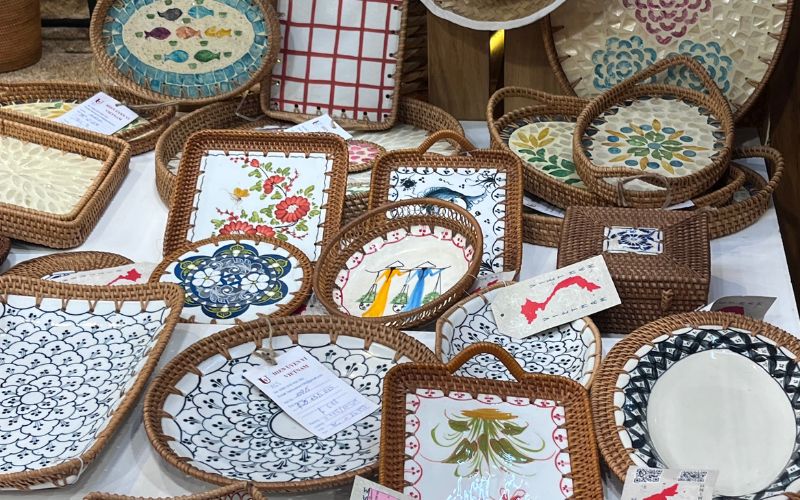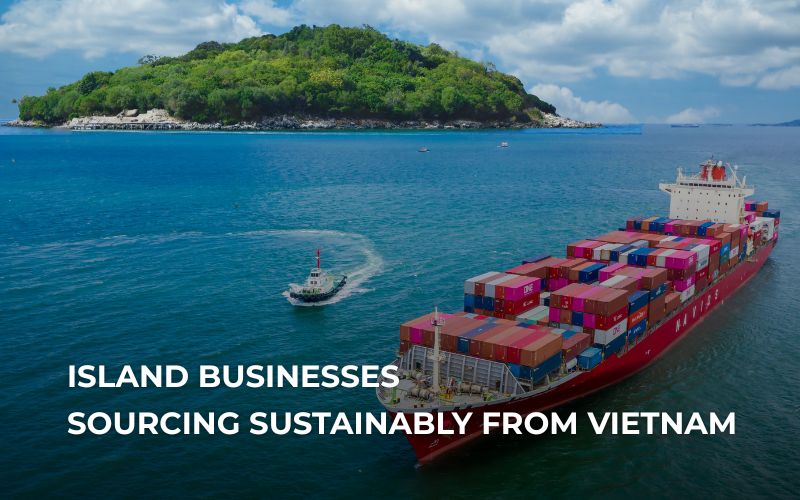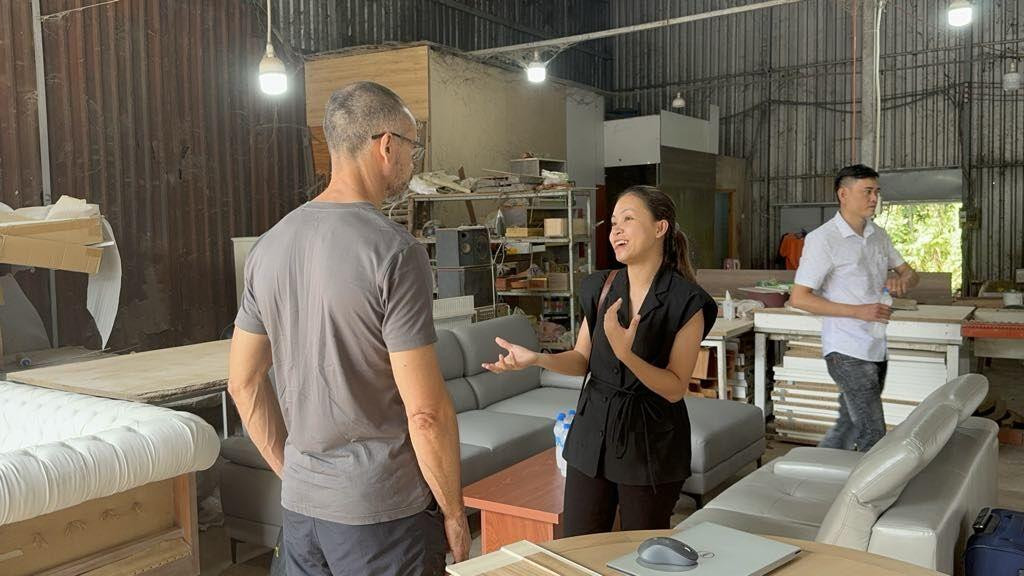For businesses operating in island economies, sustainability isn’t just a trend, it’s a necessity. Island businesses face unique challenges, including limited local resources, fragile ecosystems, and higher costs for importing goods. Every decision, from packaging to products, can directly impact the environment that draws both residents and tourists.
Vietnam offers a compelling solution for island businesses looking to source responsibly. With a growing ecosystem of eco-conscious manufacturers, you can access high-quality, sustainably produced goods, from furniture and homewares to food ingredients and decor without the premium price tag.
Sourcing Sustainably for Island : Why Vietnam is a Suitable Destination
For island businesses, sourcing sustainably is both a responsibility and a competitive advantage. Limited local resources and fragile ecosystems make it essential to choose suppliers who prioritize environmentally friendly practices. Vietnam has emerged as a top destination for eco-conscious island sourcing, offering both sustainable materials and globally recognized certifications.
Affordable, Flexible MOQ
Vietnam’s manufacturers provide both cost-effective and adaptable solutions for island businesses. Many eco-friendly products are competitively priced, and flexible production allows small orders or low minimum quantities. This combination helps island businesses test new eco-friendly products without high upfront investment, keeping operations budget-friendly while going green.
Diversity of Sustainable Materials
Vietnamese suppliers specialize in a variety of eco-friendly materials suitable for island businesses. These include wood for furniture, fast-growing natural fibers like bamboo, rattan, and seagrass for handicrafts, as well as organic cotton and recycled polyester for textiles. These materials not only reduce environmental impact but also fit the aesthetic and functional needs of resorts, hotels, and island retail.
Certifications and Standards
Many Vietnamese factories now hold internationally recognized certifications, giving island businesses confidence in their sourcing choices. Examples include FSC for responsibly managed timber, GOTS for organic textiles, and GRS for recycled fabrics. Packaging innovations, such as biodegradable paper and sugarcane-based materials, also come with verified environmental credentials, helping island businesses minimize waste and meet sustainable goals.
By combining sustainable materials with certified production, Vietnam offers island businesses a practical way to go green without compromising quality or cost.

This production is backed by a commitment to global standards. When looking for Vietnam suppliers’ sustainability practices, you will find many who hold certifications like ISO 14001 (for environmental management) and BSCI (for social compliance), ensuring their operations meet international expectations.
How to Identify Sustainable Suppliers in Vietnam for Island Businesses
Claiming a product is sustainable is easy, but proving it requires diligence, especially for island businesses sourcing from afar. Limited local resources, high shipping costs, and small order sizes make sustainable sourcing more challenging. Stricter standards, careful verification, and local support are essential to ensure the products meet both quality and environmental criteria.
Check Certifications
Legitimate sustainable suppliers are proud of their credentials. Ask to see FSC, GRS, or ISO 14001 certificates.
Evaluate the Production Process
Sustainability also extends to how products are made. Inquire about waste management, water recycling (especially for textiles), and energy use. Do they use solar panels or other green energy sources?
Negotiate and Partner Locally
For island businesses, small minimum order quantities (MOQs) are often necessary, but they may require negotiation. Working with a local sourcing agent or team is invaluable, they can identify factories that meet your exact sustainability standards, verify materials, conduct on-the-ground audits, and ensure compliance. This local support bridges the distance and complexity of sourcing from Vietnam while minimizing risk.
Sustainable sourcing from Vietnam for island businesses is achievable, but it requires careful planning, trusted local partners, and a clear understanding of certifications, materials, and production practices.
These are just a few suggestions. If you are based on an island and looking to source durable products from Vietnam, watch the video to learn about Vietnam’s advantages and what challenges you might encounter during the sourcing process.
High-Demand Sustainable Products from Vietnam for Island Businesses
Vietnam offers a wide range of export-ready eco-friendly products, perfectly suited for the unique needs of island economies. These products help island businesses reduce environmental impact while appealing to eco-conscious residents and tourists.
Home and Hospitality Decor
Ideal for resorts, hotels, and vacation rentals, items like rattan lampshades, bamboo serving trays, seagrass laundry baskets, and FSC-certified acacia wood furniture combine functionality with a natural, coastal aesthetic.
Apparel and Textiles
Island businesses can source organic cotton beach towels, lightweight linen cover-ups, and recycled polyester uniforms for staff, providing sustainable options that align with eco-friendly branding.
Packaging and Disposables
Reducing single-use plastics is critical for islands. Source recycled paper bags, sugarcane-based takeaway containers, paper straws, and biodegradable wrapping to minimize waste and enhance your sustainable credentials.
Conclusion: Small Steps, Lasting Impact
Sustainable sourcing Vietnam makes it possible for island importers of all sizes to make a positive environmental impact without sacrificing profitability. The journey to a greener supply chain is not about perfection; it’s about progress.
By choosing products that are made responsibly, you are doing more than just buying goods. You are investing in the health of our planet and building a modern, resilient brand that will resonate with customers for years to come. For island communities on the front lines of climate change, choosing better products today helps build a better, more sustainable tomorrow.



